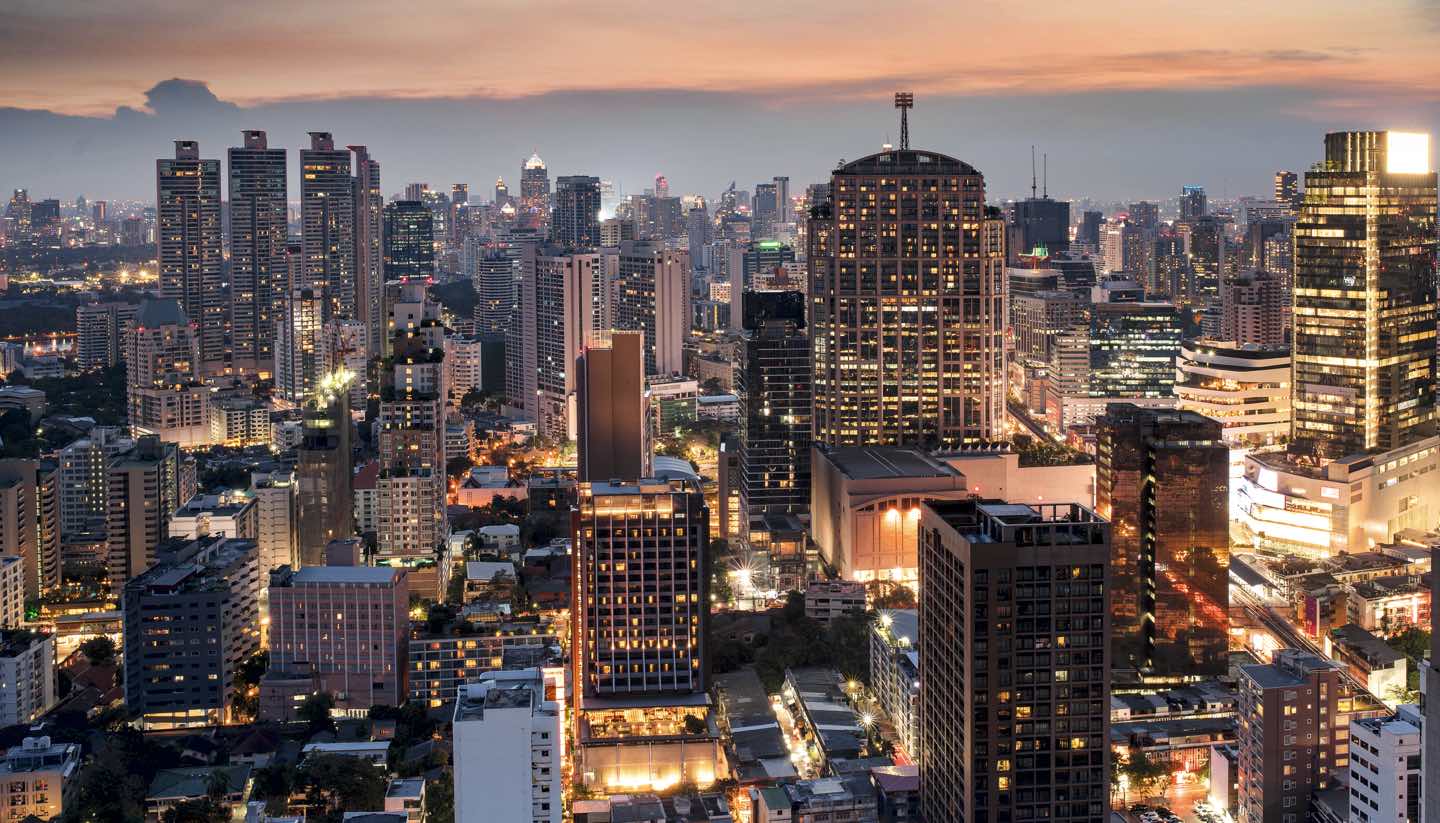Angola History, Language and Culture
History of Angola
Much of the land occupied by present day Angola was part of the Kingdom of Kongo, which rose to prominence in the 14th century. It was flourishing a century later, when Portuguese explorers reached the country and set up their first trading post at Soyo in the far north of the country.
Relations between the Europeans and the Kongo kings were good, allowing the foundation of Luanda by Paulo Dias de Novias with one hundred settler families and 400 soldiers in 1575.
The kings' sons were sent to Lisbon for education until the 17th century, after which the transatlantic slave trade soured trust between the two kingdoms. An estimated one million slaves were shipped to Portuguese Brazil between the 16th and 17th centuries from Angola.
The formal abolition of the transatlantic trade in 1836, following Brazilian independence, resulted in the Portuguese intensifying colonisation of its other territories, including Angola. Slavery in Portuguese colonies continued officially until the 1870s and thereafter, barely disguised, until the early 20th century.
It was not until the fascist government took power in Lisbon in 1926 that Portuguese rule was further consolidated with the administrative control of Angola’s interior, even despite earlier territorial claims and the importance of the Angolan coast to the Portuguese economy.
Opposition to colonisation remained relatively muted until the 1950s. The war for independence erupted in 1961, and didn’t end until Portugal’s Marcelo Caetano regime was overthrown in a coup d’état in 1974.
However, instead of unification, independence the following year led to an enhancement of the divisions between different liberation movements, laying the foundations for a civil war that consumed Angola for almost three decades.
The half a million Portuguese citizens that had remained in Angola through the independence struggles finally threw in their lot and returned to Europe, creating a massive skills shortage and leaving a country rich in resources struggling with bankruptcy. A ceasefire in 2002 finally stabilised the country, permitting democratic elections.
Did you know?
• President Jose Eduardo dos Santos has led Angola since 1979, making him one of the longest serving leaders anywhere in the world.
• The name Angola derives from the word ‘ngola’, meaning king.
• The country’s first president, Agostinho Neto, was awarded the Soviet Union’s Lenin Peace Prize for 1975-76, despite the outbreak of the Angolan Civil War.
Angola Culture
Religion in Angola
Roman Catholic (38%), Protestant (15%) and local animist beliefs (47%).
Social Conventions in Angola
Normal social courtesies should be observed. Drug trafficking or carrying incurs severe penalties. Homosexuality is illegal.
Photography: It is inadvisable to photograph public places, public buildings or public events. Copies of photography permits should be deposited with your embassy; permits should be carried at all times.
Language in Angola
The official language is Portuguese. African languages (especially Umbundu, Kimbundu, Kikongo and Bantu) are spoken by the majority of the population.


